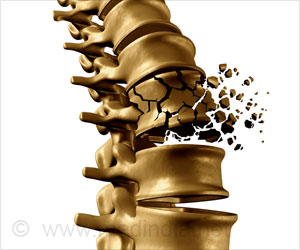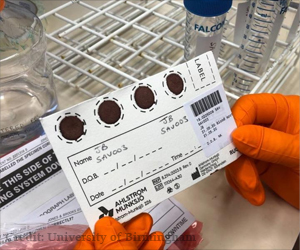
Mayo Clinic’s latest study demonstrates that laparoscopic sleeve gastrectomy accelerates weight reduction, diminishes obesity-linked health complications, and enhances the possibility of kidney transplant qualification for individuals with severe chronic kidney disease and obesity (1✔ ✔Trusted Source
Weight Loss Surgery Increases Kidney Transplant Rates in Patients With Renal Failure and Obesity
).
Patients with advanced chronic kidney failure and severe obesity often are not considered for kidney transplantation, but according to a study published in Mayo Clinic Proceedings, sleeve gastrectomy can improve high-risk patients meeting the criteria for transplantation.
On average, individuals who undergo bariatric surgery lose between 50-60% of their excess weight within the first year.
#obesity #laparoscopy #weight loss #kidneydisease
’
The findings also show that the surgical weight-loss procedure reduced cardiovascular risks, including diabetes and hypertension.
“In earlier research, we found that conservative weight-loss approaches do not adequately result in significant weight loss in patients with advanced chronic kidney disease,” says Aleksandra Kukla, M.D., a Mayo Clinic transplant nephrologist and the study’s first author.
“These new findings support the value of surgical gastrectomy for patients with advanced chronic kidney failure, stage 4-5D, to improve general health and access to kidney transplantation.”
Mayo Clinic’s Breakthrough in Kidney Transplant Eligibility
The retrospective study involved 104 patients with advanced chronic kidney failure and obesity who were treated at Mayo Clinic between 2020 and 2023.
Fifty-four underwent laparoscopic sleeve gastrectomy, the most frequently performed surgical weight-loss procedure in patients seeking kidney transplants, and 50 patients opted for a nonsurgical weight-loss approach.
Advertisement
Undergoing sleeve gastrectomy reduced the time for patients to be added to waiting lists for kidney transplantation. It also improved the likelihood of receiving a transplant, with 37% of those who underwent sleeve gastrectomy receiving a transplant within 18 months, versus 10% in the nonsurgical cohort.
The risk of postsurgical complications was low, and the rate of hospitalizations and infections for patients who underwent sleeve gastrectomy was similar to the nonsurgical cohort.
Advertisement
Effective therapy for obesity among patients with advanced chronic kidney disease is understudied, in part because high body mass index (BMI) is often considered beneficial in patients receiving kidney dialysis.
“Treatment of obesity in this population has been limited to nonsurgical options in the past,” says Tayyab Diwan, M.D., a Mayo Clinic transplant surgeon and co-author of the study.
Reference:
- Weight Loss Surgery Increases Kidney Transplant Rates in Patients With Renal Failure and Obesity
– (https://newsnetwork.mayoclinic.org/discussion/weight-loss-surgery-before-kidney-transplantation-improves-health-and-eligibility-of-patients-with-obesity-and-renal-failure-mayo-clinic-study-finds/)
Source-Eurekalert



